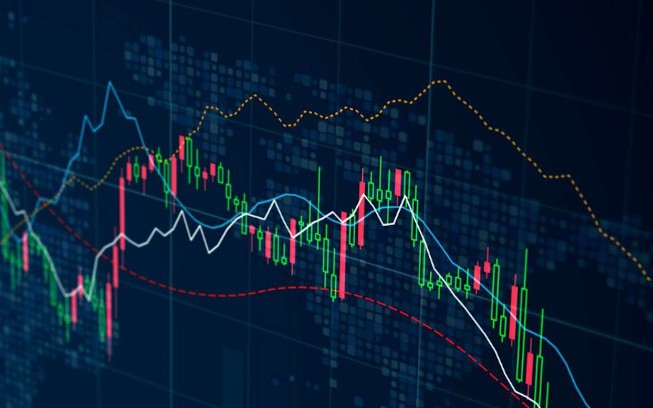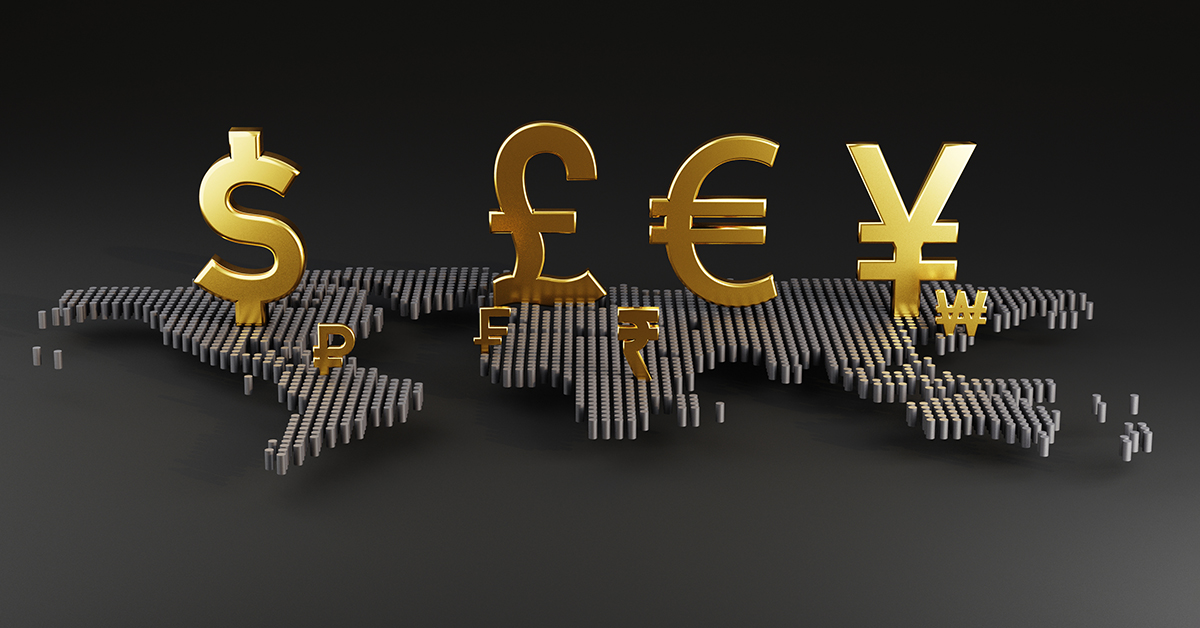
A Comprehensive Guide to Forex Trading for Beginners
The world of forex trading can often seem overwhelming for newcomers. With its complex terminology, fluctuating currency pairs, and various trading platforms, it may feel daunting for those unfamiliar with the field. However, understanding the basics of forex—or foreign exchange—trading is essential for anyone looking to invest in the currency market. In this guide, we will break down the core concepts of forex trading and provide practical tips to help beginners navigate this exciting financial landscape. For those looking to get started, consider exploring forex trading for beginners Best Indonesian Brokers to find reliable trading partners.
What is Forex Trading?
Forex trading involves the buying and selling of currencies to profit from changes in exchange rates. The forex market is the largest financial market in the world, with an average daily trading volume exceeding $6 trillion. Unlike stock markets, the forex market operates 24 hours a day, five days a week, allowing traders flexibility in when they can conduct transactions.
Understanding Currency Pairs
In forex trading, currencies are traded in pairs. A currency pair consists of a base currency and a quote currency. For example, in the currency pair EUR/USD, the euro (EUR) is the base currency and the US dollar (USD) is the quote currency. The exchange rate indicates how much of the quote currency is needed to purchase one unit of the base currency.
Major, Minor, and Exotic Pairs
There are three main types of currency pairs in forex trading:

- Major pairs: These include the most traded currencies, such as EUR/USD, USD/JPY, and GBP/USD. These pairs often have high liquidity.
- Minor pairs: These are less commonly traded pairs that do not involve the US dollar, such as EUR/GBP and AUD/NZD.
- Exotic pairs: These consist of a major currency paired with a currency from a developing economy, like USD/SGD or EUR/TRY. Exotic pairs tend to have lower liquidity and higher volatility.
Choosing a Forex Broker
Selecting a reliable forex broker is crucial for your trading success. A good broker provides a user-friendly platform, transparent fee structures, and robust customer support. When choosing a broker, consider factors such as regulation, trading platforms, account types, and the range of currency pairs offered.
Regulation and Security
It’s essential to choose a broker that is regulated by a reputable financial authority. Regulatory bodies vary by region, and they ensure that brokers adhere to standards of conduct, offering a level of protection for traders’ funds. Always check for licenses and regulatory compliance before committing to any broker.
Developing a Trading Strategy
A well-defined trading strategy is essential for success in forex trading. A strategy outlines your trading goals, entry and exit points, risk management, and the analysis you will use to inform your trades. Some popular strategies include day trading, swing trading, and scalping. Each has different time frames and risk profiles, so it’s vital to choose one that aligns with your trading style and risk tolerance.
Technical and Fundamental Analysis
When developing a trading strategy, you’ll need to decide whether to use technical analysis, fundamental analysis, or a combination of both.

- Technical Analysis: This involves analyzing historical price movements and chart patterns to predict future price movements. Traders use various tools, including indicators like moving averages and RSI (Relative Strength Index).
- Fundamental Analysis: This focuses on the economic and political factors that influence currency values. Analyzing news reports, economic indicators like GDP growth, and geopolitical events can help traders understand market dynamics.
Risk Management
One of the most critical aspects of forex trading is managing risk. It’s essential to have a risk management plan in place to protect your capital from significant losses. Here are some key points to consider:
- Set a Stop-Loss: This is an order to sell a currency pair when it reaches a certain price, minimizing losses if the market moves against you.
- Use Proper Position Sizing: Determine how much of your capital to risk on each trade, generally no more than 1-2% of your total trading account.
- Diversification: Avoid putting all your capital into one trade. Spread your investments across different currency pairs to mitigate risk.
Emotional Discipline
Maintaining emotional discipline is crucial for success in forex trading. Emotional decisions often lead to costly mistakes, such as over-trading or holding onto losing positions in the hope of a market reversal. Establish a trading routine and stick to your strategy, regardless of market fluctuations. Keeping a trading journal can also help you identify patterns in your behavior and improve your decision-making over time.
Continuous Learning
The forex market is dynamic, and continuous learning is vital for traders seeking long-term success. Stay updated on market news, economic data releases, and global events that may affect currency prices. Engage with online trading communities, read books, and participate in webinars to expand your knowledge. Many brokers offer demo accounts, allowing you to practice trading in a risk-free environment before committing real capital.
Conclusion
Forex trading can be a rewarding adventure for those who approach it with patience and diligence. By understanding the fundamentals of the market, developing a solid trading strategy, and implementing effective risk management practices, beginners can build a foundation for successful trading. Remember, consistent learning and improvement are key to navigating the complexities of forex trading. Start slow, stay disciplined, and embrace the journey toward becoming a confident trader.
style=”display:none;”>





















































